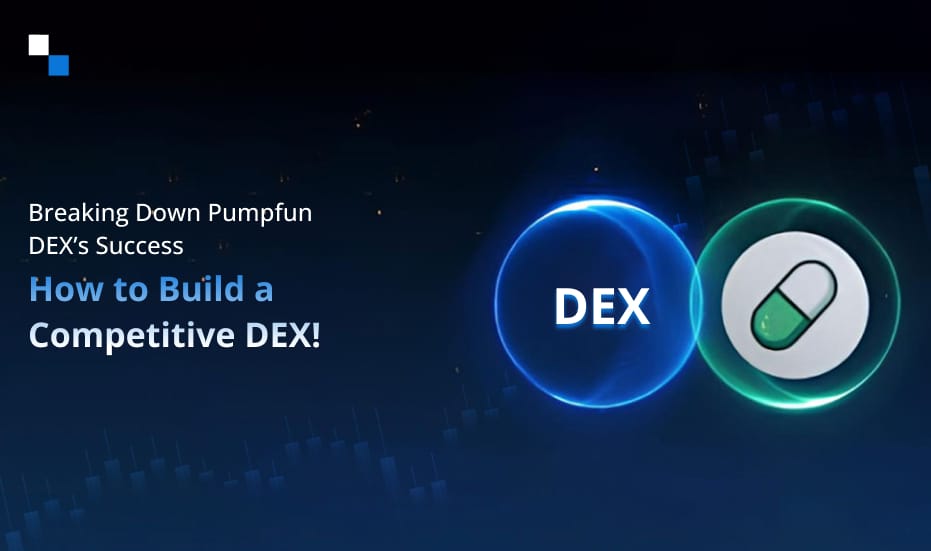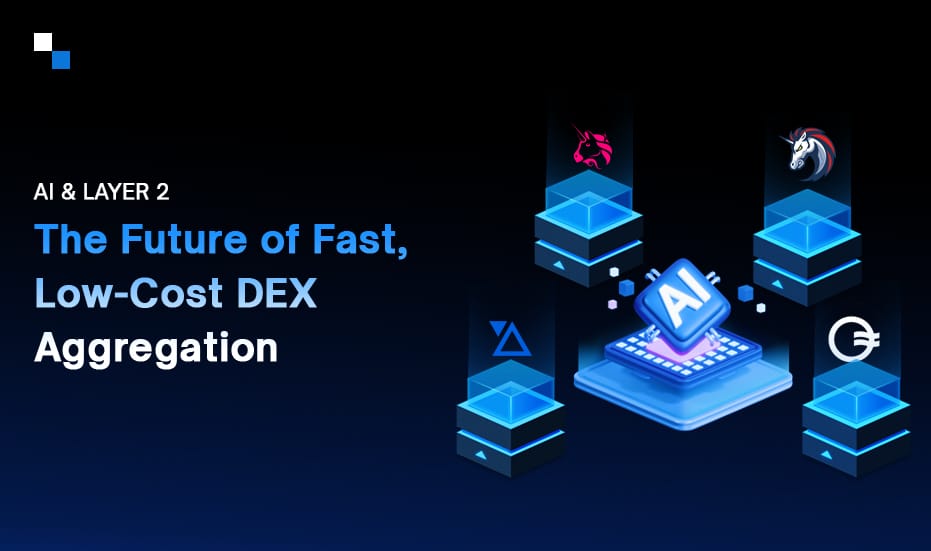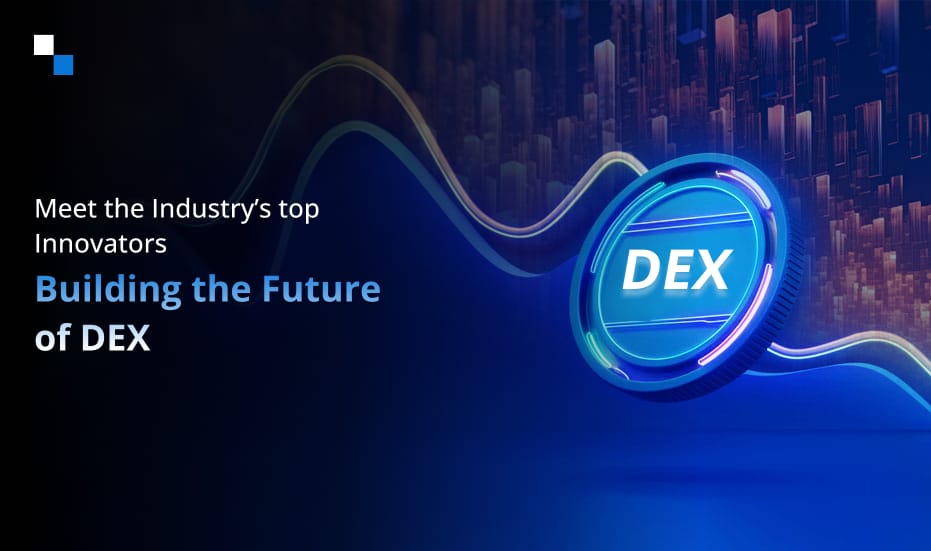
Semi Fungible Token Development vs Non-Fungible Token Development
August 10, 2021
How is NFT Gaming Development Changing the Gaming Landscape?
August 12, 2021DeFi or Decentralized Finance is where blockchain is used to conduct a direct financial transaction between two entities. The main purpose of DeFi is to eliminate the need for intermediaries in transactions. From making simple payments to complex financial processes such as loans, derivatives, crowdfunding, and crypto investment, DeFi platforms are simplifying the process while maintaining security and transparency.
DeFi gained popularity in the second half of 2020 due to the Covid-19 pandemic. Though previously it followed and implemented as open finance, it has become a new trend only in recent times.
The crypto market offers the same trading tools as the regular stock market. Margin trading, leverage, futures, swaps, and options are a part of both markets.
Though derivatives trading on DeFi platforms is still less in volume, people are looking at DeFi options trading as a great way to increase their profits.
What is DeFi Options Trading?
DeFi options are low-barrier borderless instruments that can be easily traded among peers on the platform without involving brokers or paying brokerage. Options give the trader the right to buy or sell an asset on a specific future date without the obligation to do so.
This makes options a perfect way to ride the market volatility with high leverage by investing small amounts of crypto. There are already quite a few centralized options trading platforms in the market. However, liquidity is one of the main challenges for these platforms.
When it comes to DeFi exchange development, the challenges only increase. Having a liquid market for all pairs is a cost-intensive process. And not to mention, the removal of trading pairs after their expiry is another expensive task. So how does one create and develop a DeFi platform for options trading?
How can it be Implemented?
The experts of DeFi options protocol offered three ways to implement DeFi options trading while trying to overcome the challenges.
1. Order-Book Matching
It includes an off-chain and on-chain order book matching mechanism as followed by Opium. However, including an off-chain market doesn’t entirely help overcome the challenge as it is an older technique.
2. Automated Market Makers
AMM is the process where a fixed formula is used to automatically define the prices for trading pairs. It solves the liquidity issue without relying on the centralized order matching mechanism. AMM is one of the reasons for DeFi to become so popular in the market.
Standardized Spot Trading AMM: It relies on the liquidity and professionalism of the provider since tokens for trading are created and scattered by the provider. Not having a liquidity provider can be a difficult challenge to overcome here.
Shared Collateral Pool for Peer-to-Pool Option Trading: It is a new and innovative method to create a DeFi liquidity pool that makes the platforms conducive for options trading. The main aspect here is to gather the scattered market structures and bring them to peer-to-pool trading. This allows everyone with assets to become an active part of the platform.
Options protocol has opened the market for everyone to enter, irrespective of whether they have the necessary knowledge to trade options. This model facilities a collective sharing of liquidity with zero slippage. Buyers don’t have to choose only from the pre-set prices for options.
• Pricing Mechanism to Maximize Capital Efficiency
Capital efficiency determines profits. While the pricing model has been simplified, issues still persist. The lack of balance in calls could lead to huge losses if the market tilts in the buyer’s favor. Also, shortening of all elements could result in complications for the entire system.
• Risk Management
If the collateral pool is not protected, it will lead to losses, which will, in turn, lead to liquidity exhaustion. Using DeFi aggregator and staking collateral into lending platforms helps overcome this challenge and creates a relatively less risky platform for options trading. DeFi developers take care of such issues when developing options protocols.
• Non-Transferable and Non-Tradable Option
Defi exchange development services also include options that are neither transferrable nor tradable. These help provide secondary liquidity and offer something more to the buyers.
We can conclude that DeFi options trading is still in its growth stage and bring profits as we overcome the challenges.
If you are planning for DeFi exchange development, Antier Solutions can help. We offer customized DeFi development services in line with your business requirements to help you accomplish your business goals.
Schedule Free Demo of one of our DeFi projects or connect with our subject matter experts to share your development needs.



